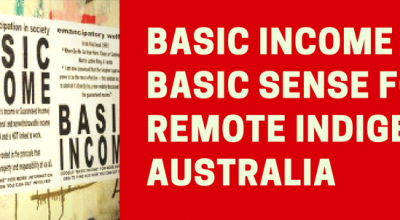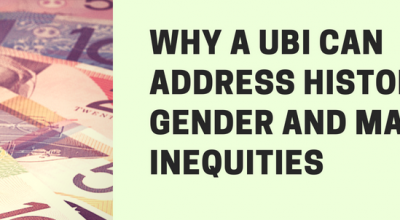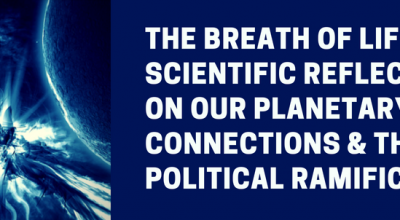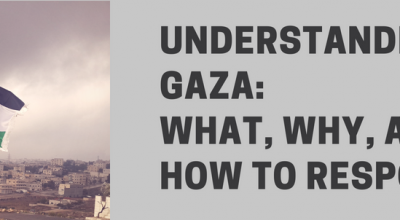Social Justice

Economy, Social Justice
Basic Income Makes Basic Sense for Remote Indigenous Australia
In this essay, republished from the Green Institute’s ‘Can Less Work Be More Fair?’ discussion paper on Universal Basic Income and a shorter working week, Professor Jon Altman argues that a new Basic Income scheme has the potential to deliver remote living Indigenous people forms of alternative economy. The employment situation in remote Indigenous Australia is a disaster. Even... Read More
Democracy, Economy, Environment, Social Justice
The Commons: What, Why And How?
The commons is one of the key ideas that we can make use of in our efforts at developing a postcapitalist politics. In his keynote address at the Green Institute’s Conference, Everything is Connected, in October 2017, Dr Stephen Healy, discusses the what, why and how of commoning. [...]
Read More... from The Commons: What, Why And How?
... Read More

Economy, Social Justice
Why A Universal Basic Income Can Address Historic, Gender And Material Inequities
Reclaiming social value, not just material pricing Arguments for a Universal Basic Income in Australia face particular local cultural, economic and social pitfalls. Unlike many other western style democracies, the Australian welfare system of payments is noncontributory (i.e. paid out of general tax revenue), and we have no tradition of public equity entitlements. [...]
Environment, Social Justice
An Ecological Human Settlement Theory
Responding to Tim Hollo’s article Towards Ecological Democracy Steven Liaros suggests cities as a space in which we can achieve ecological democracy. But doing so will require significant changes to the way we live in urban settlements. Introduction In Towards Ecological Democracy, Tim Hollo calls for the re-framing of the Greens political project around the principle that ‘everything is connected’. He argues... Read More


Environment, Social Justice
The Breath Of Life: Scientific Reflections On Our Planetary Connections & Their Political Ramifications
It’s hard to escape the feeling that our societies are becoming more divided and fragmented, driven by powerful regressive and disruptive influences. Nonetheless, we remain fundamentally connected through our evolutionary history, our shared biology, and our dependence on the natural processes that constitute Earth’s life support systems. In his keynote address at the Green Institute’s Conference, Everything is Connected, in October 2017,... Read More
Peace, Social Justice
Liberation For Whom? Queer Anti-War Activism And Military Inclusion
This article was originally published on Waging Nonviolence Is all inclusion good inclusion? Mainstream LGBTQ groups like the Human Rights Campaign promote any increase in gay representation as good — even representation in some of the world’s most deadly organizations, like the U.S. military and the Central Intelligence Agency. “It’s either you’re with Trump and against trans military service, or you... Read More


Peace, Social Justice
Understanding Gaza: What, Why And How To Respond
From Friday, 30th of March this year, Palestinians in Gaza began holding weekly demonstrations. Though the protests have received some coverage in Australia, and some response from the Left, many have not understood the significant of the events, or how we can productively relate to them. [...]
Read More... from Understanding Gaza: What, Why And How... Read More
Democracy, Economy, Environment, Social Justice
Towards Ecological Democracy – Part 2
This is part two of Tim Hollo’s essay, Towards Ecological Democracy. To read part one, go here. Be part of the conversation! We’d love to hear your thoughts on Tim’s ideas. We’re looking for comments and responses covering any parts of Tim’s essay. Your response can be long or short, critical or positive. If you’d like to respond, get in contact here. ... Read More


Democracy, Economy, Environment, Social Justice
Towards Ecological Democracy – Part 1
Be part of the conversation! We’d love to hear your thoughts on Tim’s ideas. We’re looking for comments and responses covering any parts of Tim’s essay. Your response can be long or short, critical or positive. If you’d like to respond, get in contact here. Introduction In 2018, the issues that the Greens have made our focus for a generation... Read More
Culture, Social Justice
Can Art Really Make A Difference?
Can art really make a difference? In this article republished from The Conversation, Associate Professor Joanna Mendelssohn argues that in the creation of art, we can challenge assumed knowledge and power and “awaken the conscience of the world”, acting as witnesses to crimes against people and the environment, and enabling others to view the world differently. [...]
